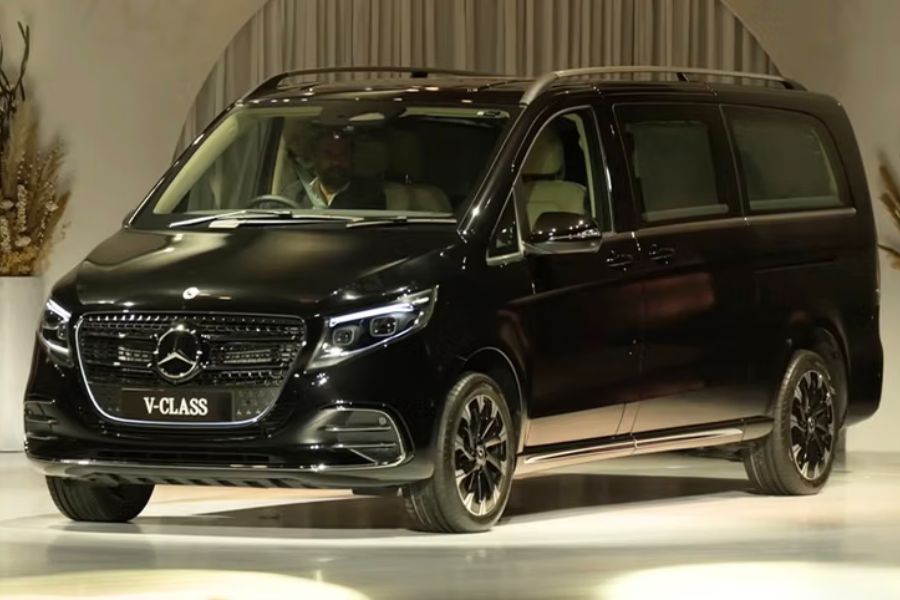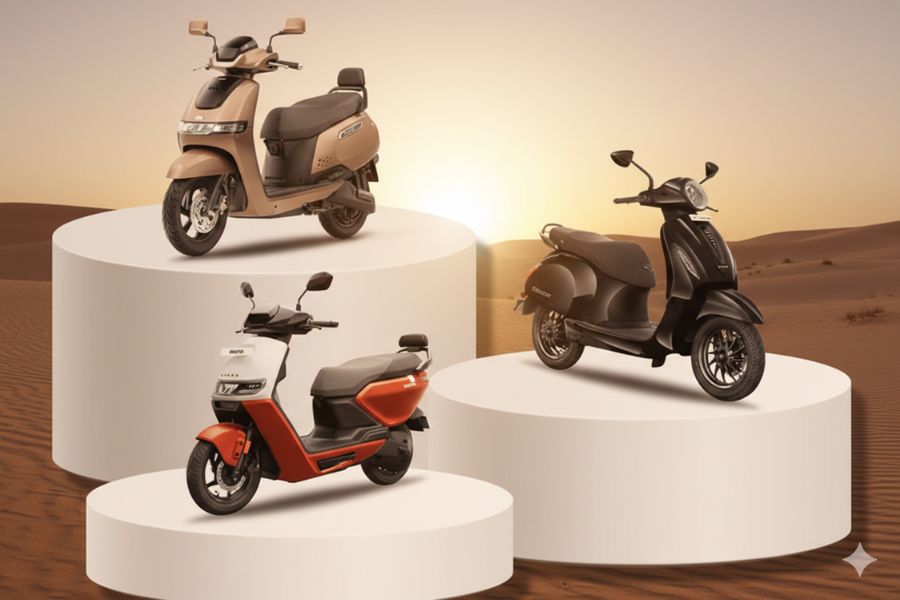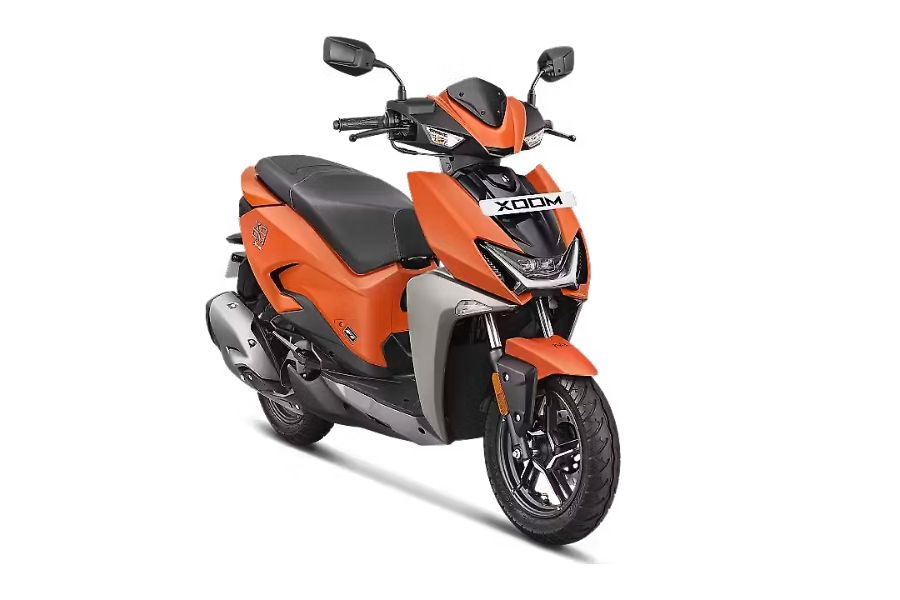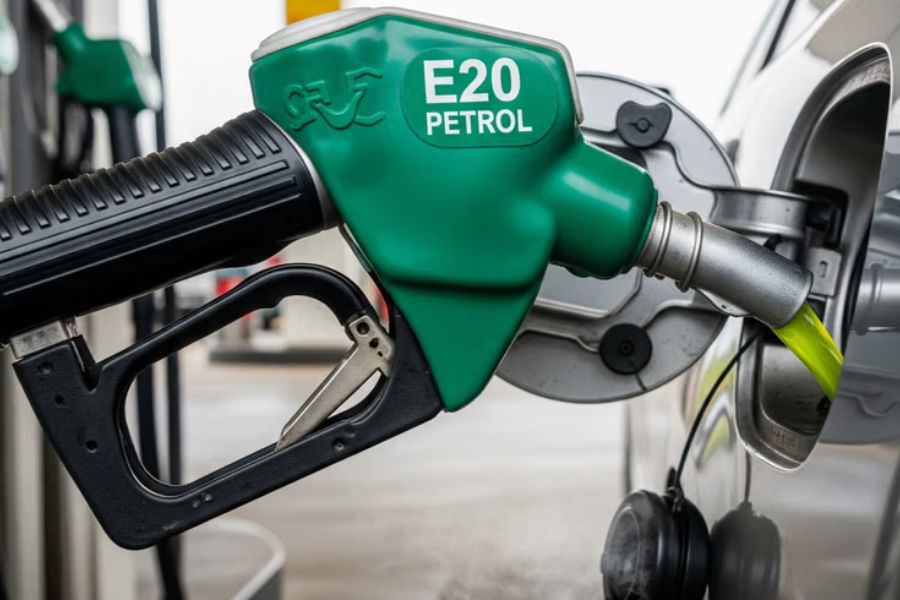Ather Energy is preparing to shake up the electric two-wheeler market with the introduction of a Battery-as-a-Service (BaaS) model aimed at lowering the initial cost of EV ownership. Confirming the development, Chief Business Officer Ravneet Phokela said the move is part of Ather’s broader strategy to challenge established players like TVS, Bajaj, and Ola Electric more aggressively.
Lower Entry Cost, Wider Access
The BaaS model will allow customers to buy the scooter separately and subscribe to the battery instead of owning it outright. Since the battery accounts for 30–40% of an electric vehicle’s cost, this subscription-based approach could significantly reduce upfront pricing and improve affordability.
“Our research shows a strong inclination among customers to shift to electric vehicles. However, while some see long-term savings in total ownership cost, others are discouraged by the high initial investment. We believe BaaS can bridge this gap,” Phokela noted. Although a specific rollout date wasn’t shared, sources suggest the launch announcement could come within a week.
Currently, Ather’s most affordable offering is the Rizta S, priced at approximately ₹1 lakh. With the upcoming BaaS plan and new models based on a cost-effective platform, Ather is aiming to reach a wider consumer base.
Strategic Expansion and Innovation
Ather’s shift toward a more value-driven segment is part of a larger growth plan that includes:
-
Doubling its retail footprint: From around 350 stores today to over 750 by year-end, with special focus on metro cities and expanding into new northern markets.
-
Introducing the EL platform: A versatile and scalable architecture designed for more affordable scooters. Ather plans to showcase the platform and concept vehicles at an event this August.
-
Launching next-gen fast chargers: Aimed at improving charging speed and convenience for users.
-
Unveiling Ather Stack 7.0: A refreshed version of its proprietary software ecosystem for a smoother, smarter riding experience.
Hero MotoCorp and Industry Rivalry
Interestingly, Hero MotoCorp, Ather’s largest investor, is also entering the BaaS space. Its Vida VX2 electric scooter, set to launch on July 1, will debut with its own battery subscription model.
Ather’s strategic push comes in response to rising competition. Ola Electric has rapidly scaled sales by offering low-cost models, while traditional players like Bajaj and TVS enjoy a loyal customer base and established dealer networks. So far, Ather has largely stayed away from sub-₹1 lakh pricing, with its premium 450 series retailing between ₹1.2 lakh and ₹1.9 lakh, and the family-friendly Rizta lineup starting at ₹1.1 lakh.
The Road Ahead
With plans to democratize EV ownership through BaaS, introduce an affordable new scooter, and enhance its charging and software technology, Ather is clearly gearing up for the next phase of aggressive expansion. The company’s balanced focus on product innovation, retail growth, and consumer accessibility positions it strongly to challenge rivals in India’s increasingly competitive EV market.
Read More:




